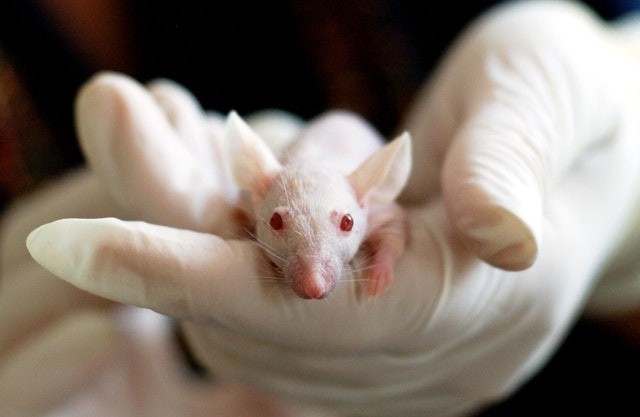Israeli scientists have discovered a way to boost the life expectancy of mice by 23 percent, in a groundbreaking study that they hope to replicate in man - who could then get to an average age of 120 years old.

Researchers Increased the Life Expectancy of 250 Rodents
The Times of Israel reported the researchers increased the life expectancy of 250 rodents by boosting the supply of SIRT6, a protein that usually wanes in the aging process. In the peer-reviewed research released in the journal Nature Communications, the experts also said the protein-enriched animals were less susceptible to cancer.
Prof. Haim Cohen of Bar-Ilan University in Ramat Gan said to the news outlet: "The alteration in life expectancy is of importance when you consider that an equivalent jump in human life expectancy would have us staying alive on average until nearly 120."
The alterations that were seen in mice may be translatable to humans, and if so that would be thrilling, said Haim whose lab is working on the identification of drugs that may permit the SIRT6 to safely be spiked in humans.
Also Read : Mice Fight Nerves With the Buddy System
Aging Mice Loses Their Ability to Generate Energy
According to the Times of Israel, Cohen became the first researcher to boost the protein levels in animals and increase life expectancy in 2012, making male mice live 15 percent longer, but that experiment didn't work on female mice. The most recent study, which included Prof. Rafael de Cabo of the US National Institutes of Health, revealed the increased life expectancy among both male and female mice.
But it is greater among the males, which now live about 30 percent longer than males from a control group. The females exist 15 percent longer than their control group fellow, according to the report. The scientists noticed that aging mice lose the ability to produce energy because of the difficulty of obtaining energy from lactic acid and fats.

SIRT6 Level in Mice
But mice that are older with high levels of SIRT6 could generate energy from these sources easily - and had little cholesterol, a lower incidence of cancer, and could also move faster. Cohen said: "This finding shows that SIRT6 is in control of the rate of healthy aging, and this reveals that increasing its activity could possibly slow aging."
Although he could easily boost SIRT6 levels in mice by modifying them genetically, increasing the protein in humans would need drugs. Cohen said his lab may have the ability to replicate the outcomes in humans in two to three years. He also said they are developing small molecules that may boost the levels SIRT6, or make amounts of the protein that is existing more active. They may be used to address aging in time to come.
Related Article : Scientists Create Transparent Mice for Human Brain Mapping Advancement
For more news, updates about mice and similar topics don't forget to follow Nature World News!
© 2026 NatureWorldNews.com All rights reserved. Do not reproduce without permission.





